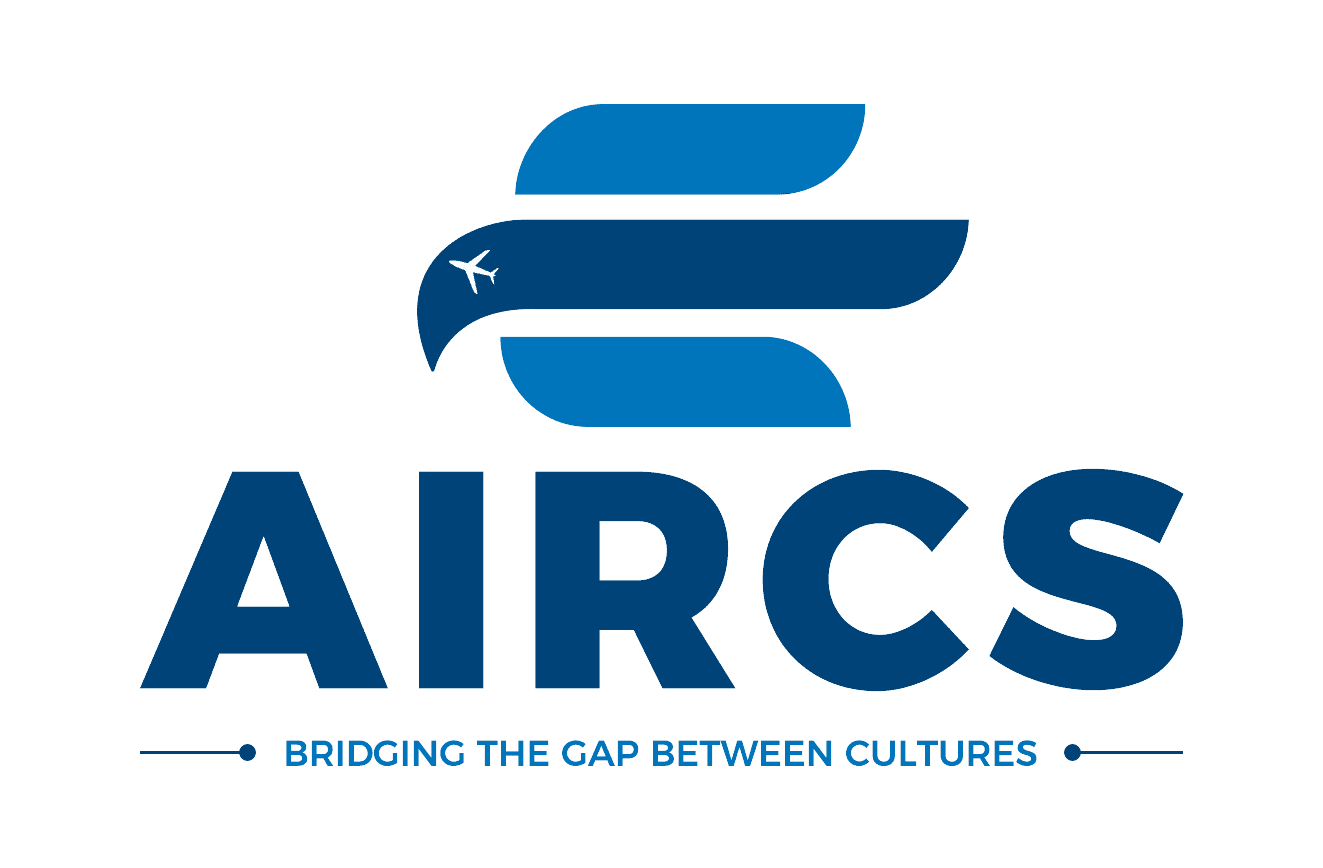Excellent education system: Students from all over the world flock to Canada to take advantage of its excellent educational system. A degree from a university in Canada is widely recognized as a symbol of credibility and quality.
Affordable tuition fees: Compared to other study destinations, the cost of studying in Canada is more reasonable, and when you think about the return on investment, it’s a pretty good choice for international students.
Cultural diversity: Students in Canada may look forward to a welcoming community that values diversity. Canada is home to students from all over the world, making it easy to locate authentic cuisine from around the world and culturally significant ways to spend your free time.
Overview of the steps :
First, you must be accepted by a Designated Learning Institution (DLI) in Canada. Once accepted, the institution will provide you with a Letter of Acceptance, which you’ll need for your visa application.
Check if you meet the eligibility criteria for a study permit (student visa). This includes proving that you have enough funds to cover your tuition fees, living expenses, and return transportation.
You can apply for a study permit online through the Immigration, Refugees, and Citizenship Canada (IRCC) website or at a Visa Application Center (VAC) in your home country. Make sure to pay the application fee when applying.
Depending on your country of residence, you may need to provide biometrics (fingerprints and photographs) at a local Application Support Center (ASC). Additionally, you might be asked to attend an interview at your local Canadian consulate or embassy.
After submitting your application, it will be processed by the Canadian immigration authorities. Processing times vary by country and time of year.
If your application is approved, you will receive a Port of Entry (POE) Letter of Introduction. This letter is necessary to enter Canada and complete the immigration process.
Once you have your study permit and POE letter, you can travel to Canada. Make sure to carry all your important documents with you, including your passport, Letter of Acceptance, and proof of funds.
When you arrive in Canada, you will need to meet with a Canada Border Services Agency (CBSA) officer who will review your documents and grant you entry into the country. You may also need to undergo a health screening at this point.
It’s crucial to adhere to the conditions of your study permit, which may include attending classes regularly and not working more hours than allowed by your permit.


